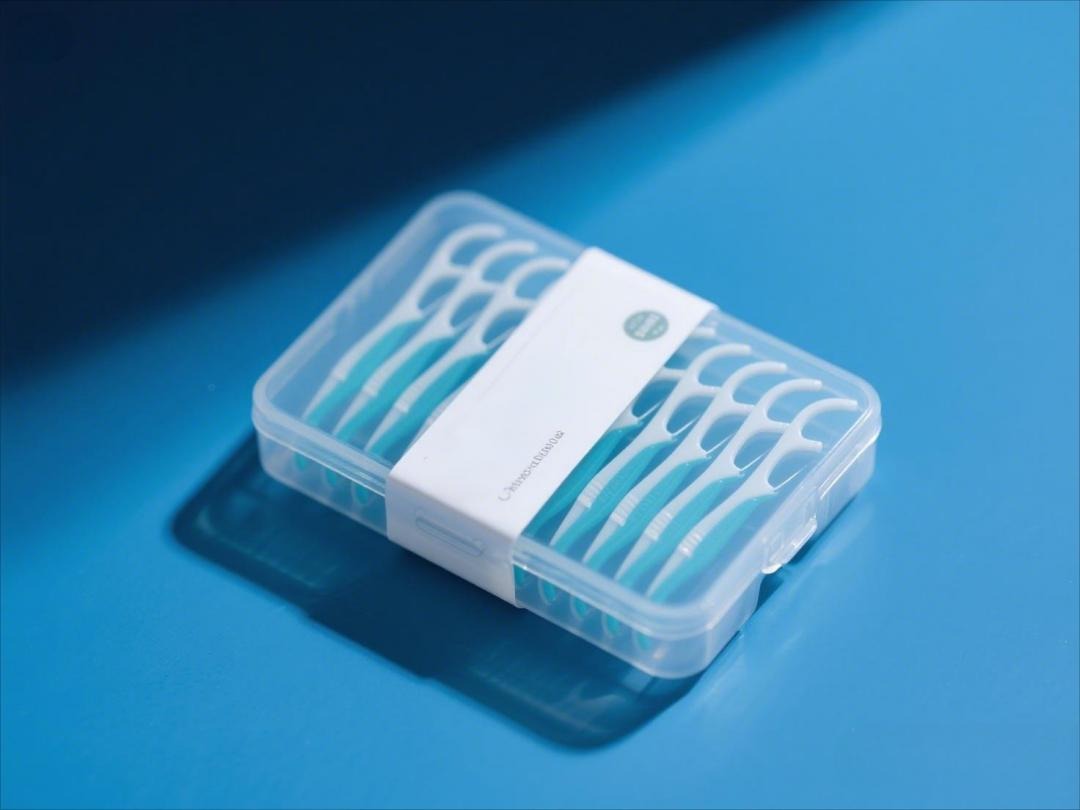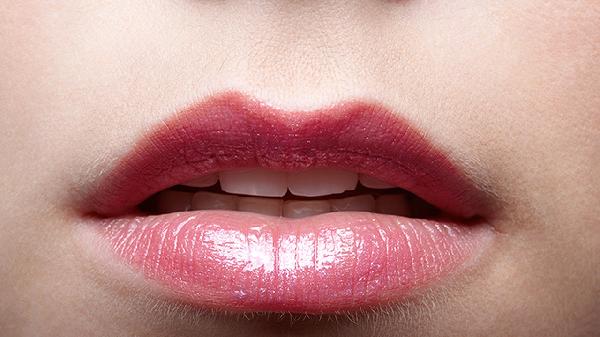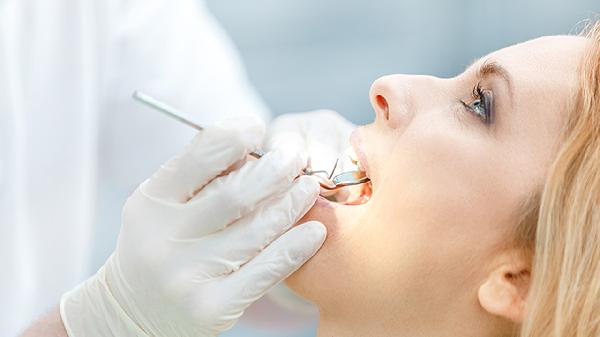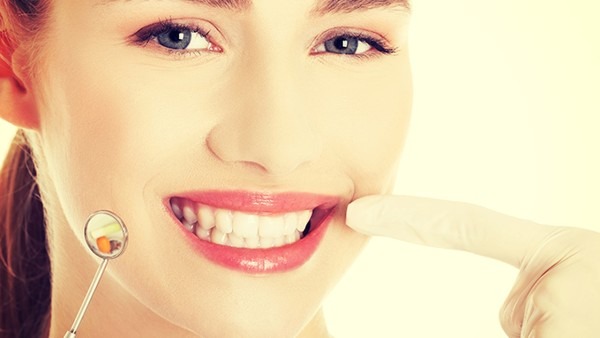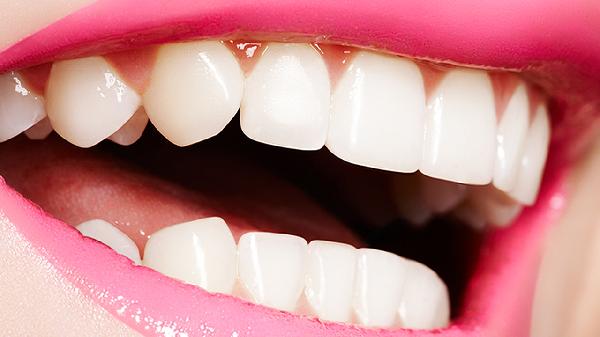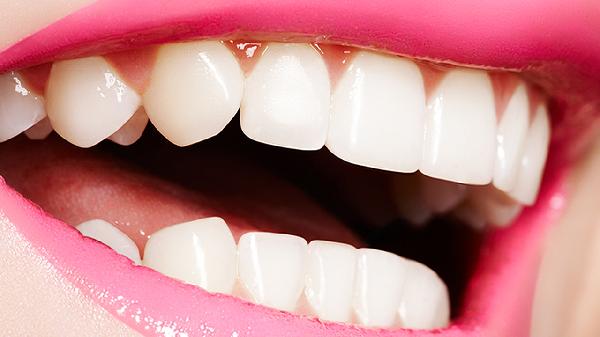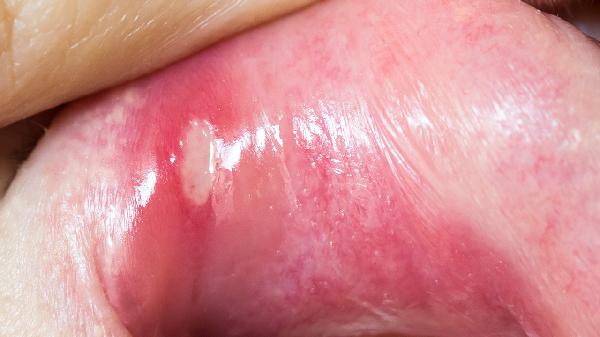Teeth whitening sounds like the ultimate savior for every smile, but did you know? Not everyone is a good candidate for this "brightening magic." Imagine if your teeth had their own "superpowers," some teeth's "superpower" might just be "resistance to whitening." Today, let's talk about who might not be suitable for teeth whitening, so your smile can stay naturally healthy.

1. People with sensitive teeth
If your teeth "scream" every time you eat ice cream or drink hot coffee, teeth whitening might not be your best bet. The chemicals used in the whitening process could exacerbate tooth sensitivity, making your teeth even more "delicate."
2. Patients with gum disease
Gum disease is like the "bad neighbor" of your teeth, making your gums fragile and prone to bleeding. Whitening your teeth in this condition might irritate already sensitive gums, leading to more discomfort and issues.
3. People with cracked or worn teeth
If your teeth have cracks or wear, whitening agents might penetrate the tooth's interior, causing pain or further damage. It's like painting a wall that already has cracks—not only is the effect poor, but it could also make the problem worse.
4. Pregnant and breastfeeding women
During this special phase of life, the body is more sensitive to external stimuli. Although there is no conclusive evidence that teeth whitening harms the fetus or infant, it's best to avoid whitening during this period for safety reasons.
5. Teenagers' teeth
Teenagers' teeth are still developing, and the enamel might not be fully mature. Whitening teeth too early could affect normal tooth development and even lead to long-term dental issues.
6. People allergic to whitening agents
If you're allergic to certain ingredients in teeth whitening agents, undergoing whitening might trigger an allergic reaction. It's like using unsuitable skincare products on sensitive skin—the result could be counterproductive.
7. People with abnormal tooth color
If abnormal tooth color is due to intrinsic factors (such as tetracycline teeth or fluorosis), conventional whitening methods might have limited effects. In such cases, more specialized treatments might be needed to improve tooth color.
While teeth whitening can bring significant visual improvements, it's not suitable for everyone. Understanding your dental condition and choosing the right dental care method can make your smile both healthy and confident. Remember, the most beautiful smile is a healthy, natural one!
